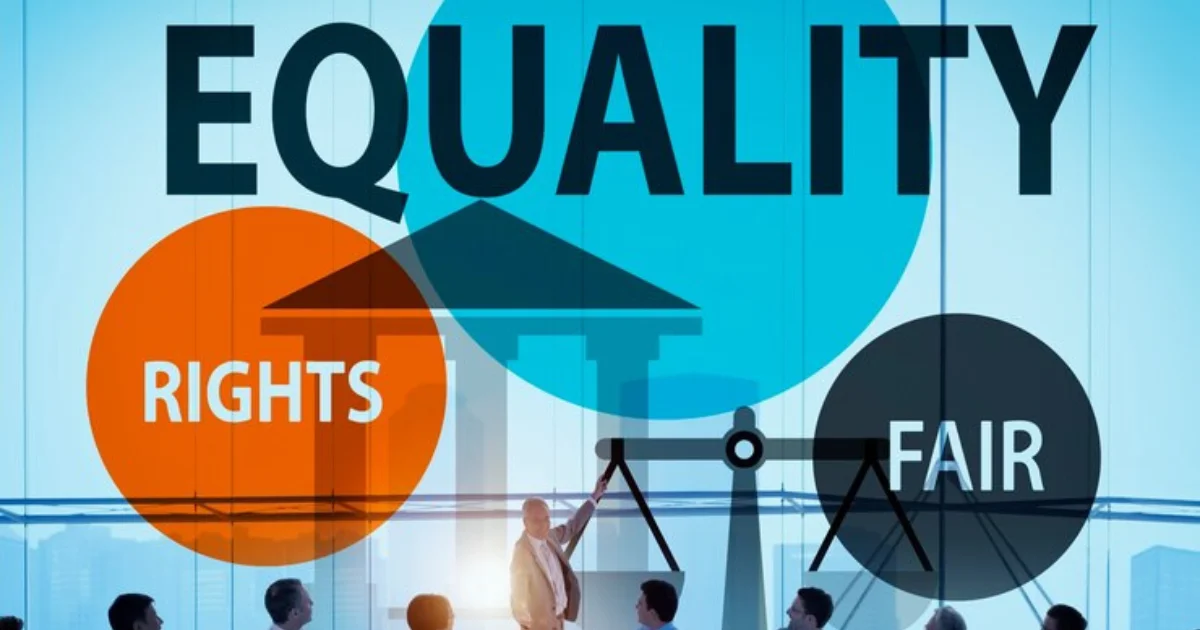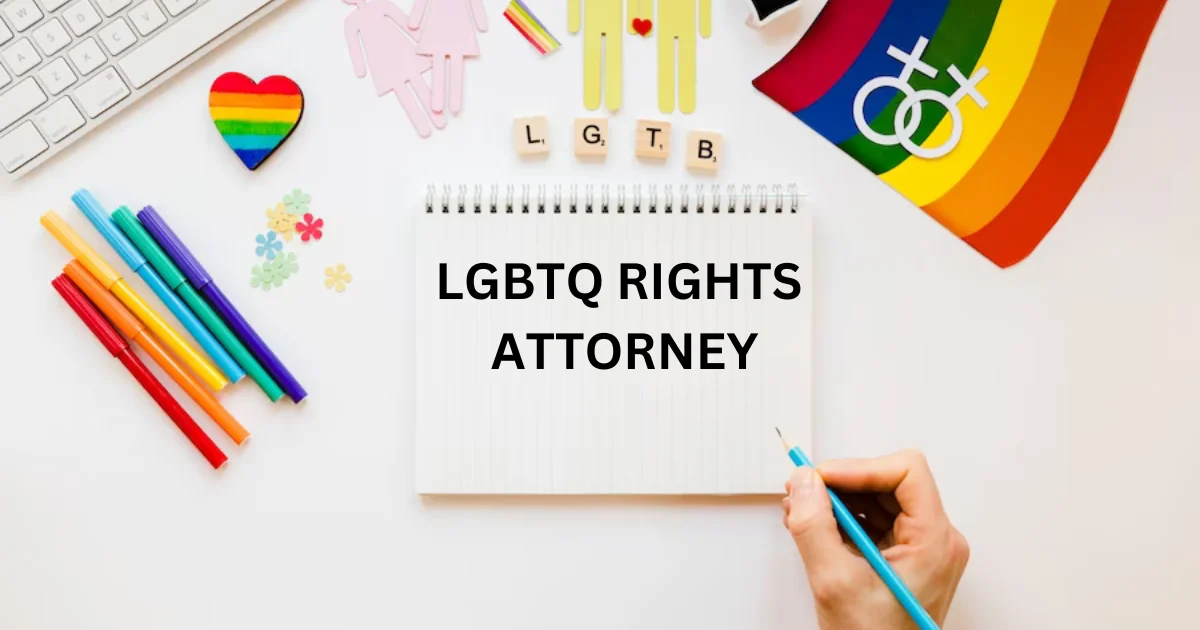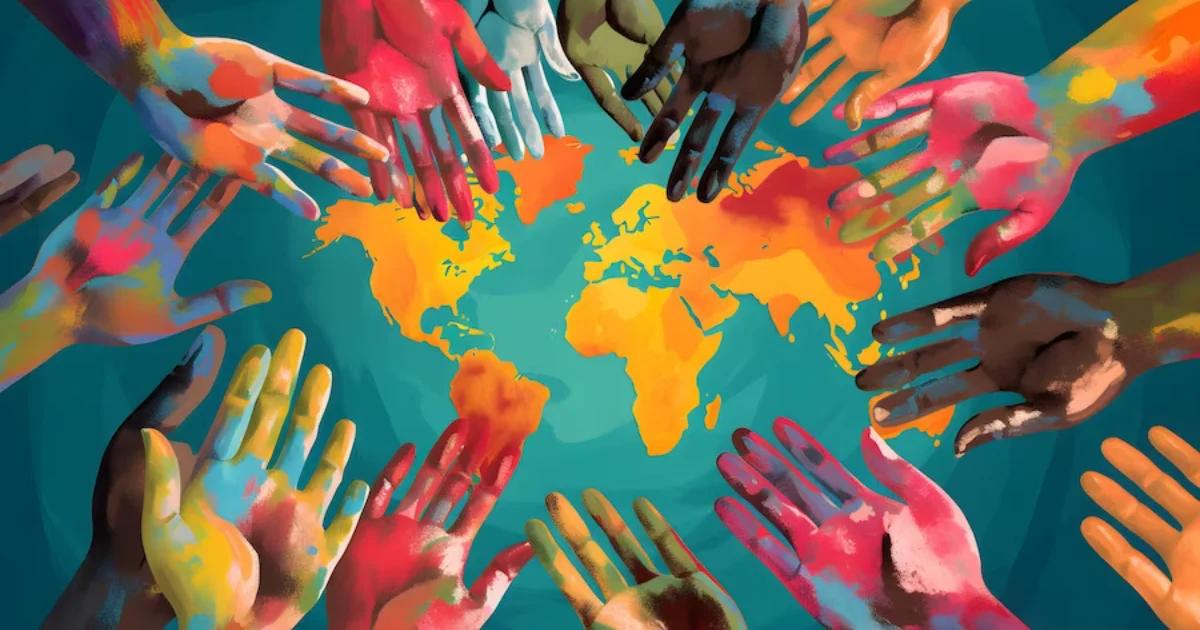Introduction
In a world where social justice and human dignity are paramount, organizations like Human Rights Watch play a crucial role in advocating for and safeguarding the rights and freedoms of individuals across the globe. In this article, we will delve into the significance of Human Rights Watch, its history, mission, impact, and the challenges it faces in fulfilling its noble objectives.
What is Human Rights Watch (HRW)?
Human Rights Watch, commonly referred to as HRW, is a prominent international non-governmental organization (NGO) founded in 1978. This organization is dedicated to the promotion and defense of human rights. HRW operates in more than 100 countries, meticulously investigating and documenting human rights abuses.
The Mission of HRW
At the core of HRW’s mission is the belief that every individual, regardless of their background or location, deserves to live a life free from oppression, discrimination, and injustice. HRW strives to hold governments, institutions, and individuals accountable for their actions that infringe upon these fundamental rights.
The History of Human Rights Watch
Origins of HRW
HRW was established by a group of activists, journalists, and lawyers who shared a common vision of upholding human rights globally. Founded as Helsinki Watch, its initial focus was to monitor human rights violations in the Soviet bloc.
Evolution and Expansion
Over the years, HRW evolved and expanded its scope to address human rights issues on a global scale. It merged with other similar organizations and adopted its current name, Human Rights Watch, in 1988. This change reflected its broader mission and reach.
Investigating and Reporting
Methodology
HRW employs a rigorous and impartial methodology in its investigations. Its team of researchers, who are experts in various fields, conducts on-the-ground research, interviews witnesses, and collects data to compile comprehensive reports on human rights abuses.
Advocacy and Awareness
One of HRW’s primary objectives is to raise awareness about human rights violations. Through its reports, publications, and media campaigns, HRW sheds light on these issues, compelling governments and organizations to take action.
Challenges Faced by HRW
Political Obstacles
HRW often faces political obstacles when trying to access certain regions or countries where human rights abuses are prevalent. Some governments are resistant to external scrutiny and may hinder HRW’s investigations.
Funding
As an independent organization, HRW relies on donations and grants from individuals and institutions. Maintaining financial stability can be challenging, as it must balance the demands of donors with its mission of impartiality.

Impact of HRW
Policy Change
HRW’s research and advocacy have contributed to significant policy changes and legal reforms in various countries. Its reports serve as valuable resources for policymakers seeking to address human rights abuses.
Policy Change: A Catalyst for Progress
Policy change refers to the process by which a government, organization, or institution alters its rules, regulations, or guidelines to address evolving needs, challenges, or societal demands. It is a fundamental aspect of governance and plays a pivotal role in shaping the course of nations and institutions. In this article, we will explore the concept of policy change, its significance, and the factors that drive it.
The Significance of Policy Change
1. Adaptation to Changing Times: Policies that were effective in the past may become obsolete or inadequate due to changes in technology, demographics, or social norms. Policy change ensures that laws and regulations remain relevant and effective in addressing current issues.
2. Improvement of Governance: Policy change can lead to more efficient and equitable governance. Revising policies can eliminate bureaucratic inefficiencies, reduce corruption, and enhance the delivery of public services.
3. Addressing Emerging Challenges: As societies face new challenges such as climate change, cybersecurity, and pandemics, policy change becomes essential to provide a framework for addressing these issues effectively.
4. Promotion of Social Justice: Policy change can be a powerful tool for promoting social justice. It can rectify historical injustices, protect vulnerable populations, and ensure equal opportunities for all citizens.
Factors Driving Policy Change
1. Public Opinion: Public sentiment and public pressure can be strong drivers of policy change. When a significant portion of the population demands a specific change, policymakers often respond to maintain public support.
2. Economic Considerations: Economic factors, such as fiscal constraints or economic crises, can necessitate policy change. Governments may need to adjust fiscal policies, taxation, or spending to address economic challenges.
3. Technological Advancements: Rapid technological advancements can require policy adjustments. Regulations related to data privacy, artificial intelligence, and e-commerce are examples of policies that have evolved due to technological changes.
4. Global Trends and Commitments: International agreements and global trends can influence policy change. Nations often adjust their policies to align with international standards or to fulfill commitments made through treaties and agreements.
5. Crisis and Emergency Situations: Crises, whether natural disasters, pandemics, or security threats, often prompt immediate policy changes to address the crisis and mitigate its impact.
The Process of Policy Change
The process of policy change typically involves several stages:
1. Agenda Setting: Identifying the need for policy change and placing it on the political agenda.
2. Policy Formulation: Developing proposed changes, often involving extensive research, consultation, and drafting of legislation or regulations.
3. Decision-Making: Policymakers evaluate the proposed changes, engage in debates, and make decisions through legislative processes or executive orders.
4. Implementation: Once a policy change is approved, it is put into practice. This may require changes in administrative procedures, resource allocation, and public awareness campaigns.
5. Evaluation and Adjustment: Continuous monitoring and evaluation of the policy’s impact help policymakers make further adjustments as needed. also see human rights lawyer
Public Awareness
HRW’s work resonates with the global community, sparking conversations about human rights issues. By mobilizing public opinion, HRW puts pressure on governments and institutions to act in the interest of human rights.
Public Awareness: The Power of Informed Citizens
Public awareness is a critical component of any thriving and democratic society. It refers to the level of consciousness and knowledge that individuals within a community or society have about various issues, including social, political, environmental, and health-related topics. In this article, we will explore the significance of public awareness, its role in shaping public opinion, and how it can drive positive change.
The Significance of Public Awareness
1. Informed Decision-Making: Public awareness empowers individuals to make informed decisions. Whether it’s choosing a political candidate, supporting a social cause, or making lifestyle choices, being aware of the relevant issues is essential.
2. Social Change: Public awareness often precedes and drives social change. Movements for civil rights, environmental protection, and gender equality, for example, gained momentum because of increased public awareness and support.
3. Accountability: In a democratic society, public awareness holds leaders and institutions accountable for their actions. An informed citizenry can demand transparency and accountability from government officials and organizations.
4. Health and Safety: Public awareness campaigns can promote healthier lifestyles and behaviors, raise awareness about safety measures, and encourage individuals to seek medical help when needed.
The Role of Media and Information Sources
1. Media Influence: Traditional media outlets, such as newspapers, television, and radio, have historically played a significant role in shaping public awareness by disseminating information. In the digital age, social media platforms and online news sources have also become influential.
2. Educational Institutions: Schools and universities have a crucial role in promoting public awareness by providing education and knowledge on a wide range of subjects.
3. Non-Governmental Organizations (NGOs): NGOs often lead awareness campaigns on issues such as poverty, human rights, and environmental conservation. They leverage their resources to inform and engage the public.
How Public Awareness Drives Change

1. Advocacy and Activism: Increased awareness often leads to grassroots movements and advocacy efforts. Citizens who are aware of injustices or pressing issues are more likely to take action, whether through protests, petitions, or community organizing.
2. Policy Impact: Public awareness can influence policymakers’ decisions. When an issue gains widespread attention and public support, lawmakers may be more inclined to address it through legislation or policy changes.
3. Corporate Responsibility: Businesses and corporations are increasingly responsive to public sentiment. Public awareness campaigns can pressure companies to adopt more ethical practices, reduce their environmental impact, or support social causes.
Challenges and Considerations
1. Misinformation: In the age of the internet, misinformation and fake news can spread rapidly. Promoting critical thinking and media literacy is essential to combat misinformation and ensure that public awareness is based on accurate information.
2. Information Overload: With the constant influx of information, individuals may become overwhelmed. Effective communication strategies are needed to ensure that important messages reach the intended audience.
Conclusion
In a world where human rights violations persist, Human Rights Watch stands as a beacon of hope and justice. Its unwavering commitment to investigating, exposing, and advocating for human rights serves as a reminder that we all share a collective responsibility to protect and uphold the rights of every individual.
FAQs (Frequently Asked Questions)
1. How can I support Human Rights Watch?
You can support HRW by making a donation on their official website or by participating in their advocacy campaigns.
2. Is HRW politically biased?
HRW maintains strict impartiality and independence in its work, ensuring it remains focused on human rights issues.
3. How does HRW choose its research topics?
HRW prioritizes issues that are of global concern and conducts research based on the severity and urgency of the human rights abuses.
4. Can I volunteer with HRW?
HRW offers volunteer opportunities in some regions. You can check their website for more information.






